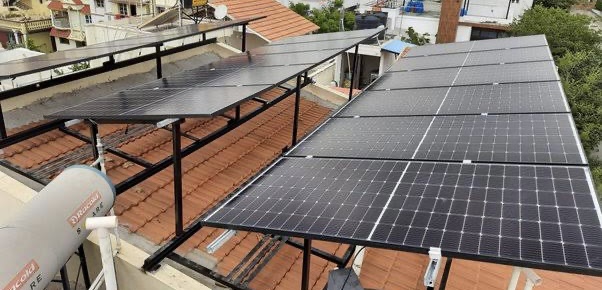The Cape Town Market, a cornerstone of commerce and agriculture in Epping, has embarked on a pioneering journey toward sustainability by commissioning a cutting-edge battery energy storage and demand management system (DMS). This initiative marks a significant stride in modernizing one of South Africa’s oldest and largest fresh produce markets.
This new system, which includes more than 3,000 solar panels with a capacity of 1.4 MWh, introduces a robust 3 MWh battery storage solution designed to stabilize the market’s power supply, even during periods of load shedding and peak demand. The advanced setup not only leverages solar power but also utilizes a programmable logic controller with intelligent algorithms to efficiently manage energy flow.
James Vos, the City of Cape Town’s Economic Growth MMC, highlighted the impact of this project. “This project marks a major milestone for one of the oldest and largest fresh produce markets in South Africa,” Vos stated. He noted that over 5,500 producers deliver their goods to this market, where they are then purchased by more than 8,000 registered buyers. This system ensures that the market can continue to play a vital role in the city’s food security by maintaining the quality and reliability of its services.
One of the key features of the new energy system is its ability to charge during off-peak times, including when solar production is highest, and then discharge during periods of peak energy demand. Additionally, the system includes 1.4 MVA standby generators, which provide an alternative source of power for peak shaving if other resources are unavailable.
The benefits of this sophisticated system extend beyond energy management. The market has also made significant strides in waste management, diverting approximately 90% of its waste from landfills. Notably, about half of the discarded produce is donated to Food on The Table, a nonprofit organization that supports over 100 soup kitchens, further emphasizing the market’s commitment to community support and sustainability.
The ownership structure of the Epping market, which is owned by the City of Cape Town and leased to the private company Cape Town Market, reflects a collaborative approach to managing and enhancing this vital community asset. Through such initiatives, the market not only supports local agriculture but also leads by example in adopting green technologies.
The implementation of this green energy system at Cape Town Market serves as a model for other markets and businesses across South Africa and globally, illustrating the practical benefits and importance of sustainable practices in business operations. As the market continues to innovate, it sets a precedent for integrating technology with traditional commerce to meet the modern demands of energy efficiency and environmental responsibility.



